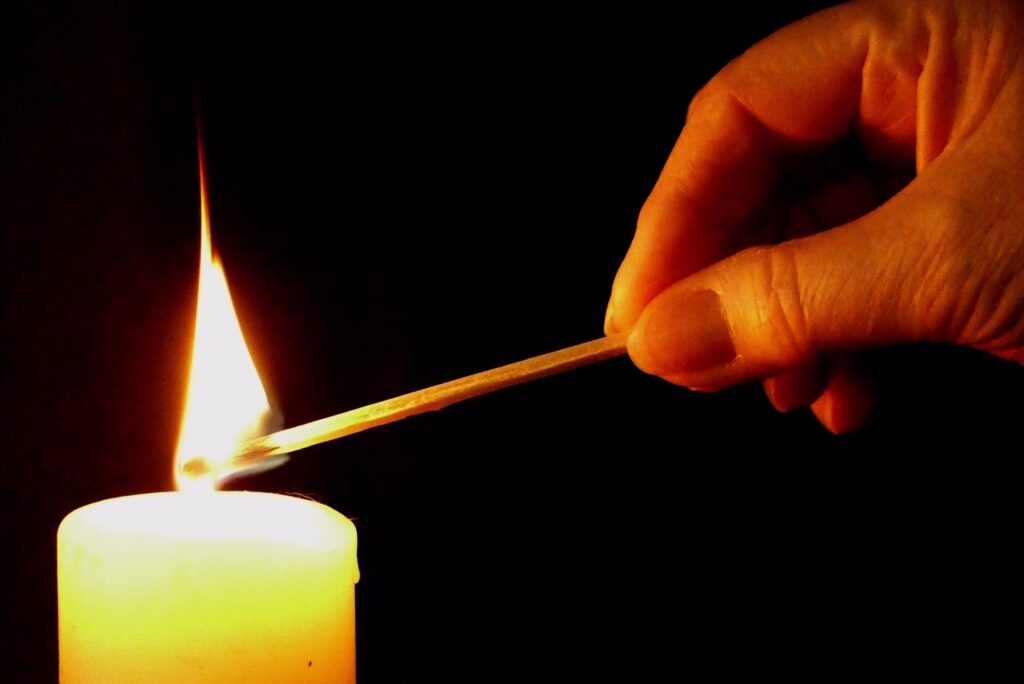This article was originally written for Jessica Kingsley Publishers, for the Christmas Newsletter, 2013. Eleven years later, it is just as important.

This Christmas will be Sophie’s* first since her husband David* died in early Spring 2013. Her eyes filled with tears as she recalled a long-standing family tradition. Each year since the children were small, the family would drive to a plantation in a country park and select their Christmas tree. They would all sing along to festive music on the car stereo, and once home, would decorate the tree together.
In her grief counselling session, Sophie and I, her counsellor, were discussing how she and her three children should buy their tree this year. Should they try to continue the family ritual as if Dad was still with them, or should they do something entirely new? Sophie had talked to her children, who were certain that they wanted to continue the tradition.
At times such as this, there is no escaping the reality of a loved-one’s absence; a situation rendered even more poignant by a holiday others are celebrating. Be it a religious or secular holiday, a birthday or an anniversary, the loss of those we loved and continue to love, evokes bittersweet memories.
Of course David, husband and father, will be with his family when they choose their tree. He will be in their hearts and thoughts; more so perhaps, if they are brave enough to continue this and other rituals in his fond memory. One of the many things my bereaved clients have taught me is the power of symbolic meaning. David will be with his family symbolically. This is not at all the same as pretending that nothing has changed, because for this family, a lot will be different this holiday and on all future holidays.
Not so very long ago, it was believed that to overcome grief, the bereaved needed to relinquish the lost loved-one. “Let them go and move on”, we were told. We accept now that bonds with the deceased can continue. This does not mean clinging on vainly to the past, but it allows the life of our lost parent, child, sibling, lover or friend, to become part of our future. The lessons they taught us, the examples they set us, the values they lived by and the jokes and stories they shared, become immortal; family lore which we can choose to bequeath to each new generation.
Symbolism and ritual are valuable human activities. At festivals and holidays we will inevitably be drawn to think about those no longer with us, whether we like it or not, so let us deliberately and consciously embrace the opportunity to recall the ways in which they continue to affect our life. At the hospice where I work, and at many hospices, relatives can sponsor a light on a tree at Christmas. We call it “Light Up a Life”. The switching on ceremony is emotional, but both happy and sad thoughts are evoked, and in many cases shared. Whoever it is you have lost, there is something helpful in knowing you are not alone in your grief; a reason why collective memorial events serve to heal. You may consider lighting a candle or taking flowers to a grave or to a special place significant to your loved-one. Perhaps you might make a donation to a charity in his or her name.
Not every bereaved person has close family nearby. Childless people bereaved of a spouse often struggle when they lack the continued sense of purpose and meaning which comes to those lucky enough to have children, or even grandchildren. It is easier to maintain a sense of purpose when you have this motivation to “keep cheerful”. Bereaved spouses with no dependents have to find novel, symbolic ways to continue a bond with the partner they have lost. One of my clients would retrace the steps of a favourite moorland path she and her late husband had often walked. At holidays and anniversaries she felt that this brought them closer together. It was important to her that she walked the route alone, to give herself time for reflection. This need for solitude can be very important. For many newly grieving people, December marks the end of a sad year and the hope of a new start. Many bereaved spouses have told me that they would like to have some time on their own on Christmas Day, but that well-meaning relatives will not allow it. If you have a recently bereaved friend or family member who has asked to be alone, at least for some of the day, please try to support this wish. Remember that being alone is not the same as being lonely, and that sometimes the loneliest place to be is in a room full of happy people.
When I see my clients for the last time before New Year, generally in mid-December, I say to them ”Try to have the best time you can”, because to say, ”Enjoy yourself” would be insensitive and unhelpful. There are ways to make a difficult time of year more bearable, and I hope that here I have provided a few pointers.
*Sophie and David are pseudonyms. The real ‘Sophie’ has read this text and has given consent for her story to be told.